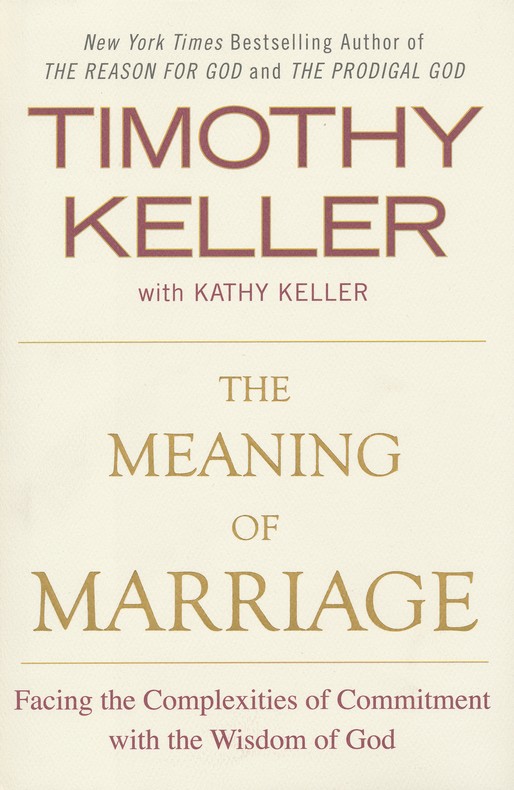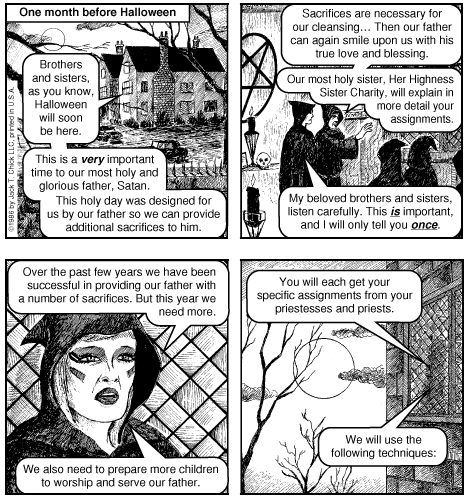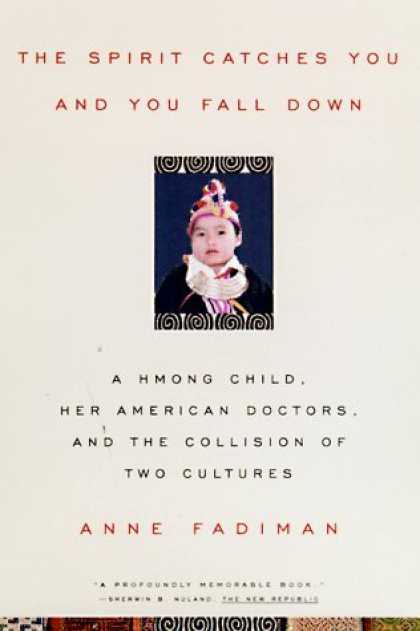So yesterday I told you about the 1965 book on marriage by Father Capon that I think is just lovely, and promised that the rest of the week we’d be talking about some other marriage books. Today I want to talk about two new books–the unbearably hyped Real Marriage by Mark & Grace Driscoll and the somewhat less arrogantly titled The Meaning of Marriage.
So first, Real Marriage. The title makes me cringe, as does any title that seems to introduce itself as giving the truth about anything. Books deserving of authoritative status gain it whether their title suggests it or not–though I would suspect that the likelihood of a book’s gaining authoritative status decreases proportionate to the amount of authoritativeness (that’s actually a word?) suggested by the title. But I digress.
There are so many things I could say about this book and about Driscoll, whose famous name and reputation is the only reason this book is creating much of a buzz at all: it is pretty standard ‘complementarian’ fare, but with characteristic Driscoll flair: barely suppressed misogyny and homophobia throughout, the assumption that anyone not attended a “Bible-believing, Jesus-loving, conservative Christian church” (including Catholics and mainline Protestants) are not “real” Christians, and (of course) frank discussions of sexuality that would almost (not quite) embarrass Dan Savage. There isn’t much I want to say that wasn’t said eloquently by Susan Wise Bauer at Books & Culture and by Rachel Held Evans, so I’ll just say a few things:
1. Too many statistics!
Supposedly evangelicals have sex lives that are better than those of Catholics and mainline Protestants, supposedly women are happier when their husband earns at least 68% of the household income, but really, so what? I’m so tired of seeing statistics like these held up as evidence of something (in this case, that people would be happier and have better sex if they would just listen to Driscoll) without any nuance. It’s irresponsible and misleading to use statistics like that. Besides, 73% of statistics are generated at random simply to prove the point that the writer wants to prove. (See!?)
2. Too many assumptions!
The Driscolls seem to think that it’s possible to read the Bible and prove things from the Bible without interpreting it, or they wouldn’t simply place Bible references as “proof” of certain of their claims. I was particularly troubled by these two points, held up to prove that patriarchy is God’s Will for All Time:
- “God called the race “man” (Gen. 1:26) and “mankind” (Gen. 5:2)” —um, no. God called them “dirt beings” because they were taken out of dirt. Adam sounds a lot like the Hebrew for “dirt.”
- “By naming Eve, Adam was exercising authority over her as God commanded.”–While this assumption–that naming implies authority over someone/something–is popular, no lesser scholars than Phyllis Trible and Richard Bauckham have said that there’s simply no good reason to believe that.
3. Too much detail!
In their “Can We_____?” chapter, the Driscolls apply 3 questions to every question: Is the given sexual act: lawful? helpful? enslaving? But instead of giving us that (reasonably adequate) rubric and leaving the rest to the imagination, they go into occasionally-excruciating detail. I imagine Father Capon would say that it’s really too bad not to let married people figure things out for themselves on a dreary winter evening, but I won’t go that far. I’ll just say that I’m glad Timothy and Kathy Keller mercifully didn’t over-explain sex in their book, The Meaning of Marriage…
In one sense, these books are similar: the Driscolls and the Kellers are both Reformed, complementarian, and conservative; in many ways, they could not be more different: absent from here is the barely disguised rage toward women; absent, too, is the undercurrent of sex-obsession one finds in Driscoll. I appreciated that the Kellers chose to write about sex much more discreetly–pointing out that sex can be awkward, confusing, problematic–but that working through problems in loving ways with much love is the best (only?) way. This book was based on Keller’s popular sermon series, an exposition of Ephesians 5, and while he’s much more clinical and less flamboyant a writer than, say, Father Capon, he writes with admirable clarity. In fact, he has something of his hero C.S. Lewis’ knack for clear-eyed, logical discussion in plain language. Two criticisms:
- any discussion of woman-as-helper (Hebrew, ‘ezer) really ought to mention (as Driscoll does, in fact!) that GOD is called an ‘ezer, too–the Kellers seem to assume (or leave us to assume) that “helper” means “subordinate,” which it needn’t.
- the Kellers nod to cultural contexts when it suits them and assume universality when it suits them: in one breath they point out how the Ancient Near Eastern culture in which the Bible came together would’ve read the Bible as revolutionary on marriage and in the next they say that what the Bible teaches on marriage (in terms of literal, on-the-page meaning) is universal, not bound to time or place. It’s hard to say both those things at once without casting doubt on one or the other. (I’m a big fan of William Webb’s writing on the subject.)
Tomorrow (Friday) I’ll tell you about a third new book on marriage that I really, really like. Despite all the hype about the Driscolls’ book, it’s this book–Are you Waiting for the One?—not that one, that contributes something new to the discussion of Christian marriage.
{I hesitantly acknowledge that I received free review copies of each of the two books mentioned today…hesitantly because I hope the publishers won’t be scared of sending me more books to review. As my mom is sure to say, I can be a bit rough…}












